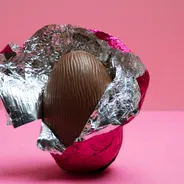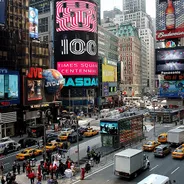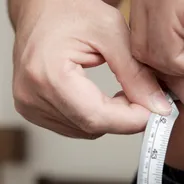The mid to late 20-teens have seen a massive rise in how we look at food and what it does to the world we live in and the environment. Everyone seems to be trying something wacky or new in order to give their ailing body the best fighting chance at a long life before the inevitable happens. Sometimes, we may be doing more harm than good.
Nigella Lawson, queen of buttery sauces and spatula-licking puddings, couldn't agree more. The chef has warned that in a world of healthy eating ‘fads’ and aesthetics, the foods we delicately put in out bodies now might be disguising eating disorders. She told a group of catering students at a college in Toronto that people had become ‘a bit extreme’ with their eating habits.
She goes on, "a lot of so-called healthy eating is a cover-up for an eating disorder and I think people persecute themselves to what they do eat and what they don’t eat," she said. The TV chef went on to dismiss the ‘mumbo jumbo’ spoken about diets today, and described how many of her friends deny themselves certain treats, only to binge on them later.
To her, the idea of cutting out entire food groups just "doesn't seem to make sense". "You should eat a bit of everything," Nigella concluded. Many nutritionists and health professionals die by this as they believe its the best way to get your body in the best shape possible. All it takes is a commitment to finding a balance. This isn't the first time that Nigella has spoken out about ‘clean eating’ either.
She said a similar thing back in 2015, when she told audiences at a JW3 Speaker Series event that people subscribed certain ultra-healthy’ diets were "a way to hide an eating disorder or a great sense of unhappiness with their own body".
She said, "cutting out entire food groups is miserable and counterproductive; how many people do you know treat carbs like poison…only to binge on them in a moment of perceived weakness?" How many times have you seen someone relapse after treating themselves to a cheat day?
We should be careful of dismissing genuinely healthy eating habits as disordered dietary patterns. There’s a difference between eating a whole foods diet - one packed with real, wholegrain, unrefined foods - and one which demonises certain foods or ways of eating. The lack of clarity between the two, many would argue, is down to social media.
The interesting thing is that our terminology seems to have changed a bit around this subject. A few years ago, Nigella lambasted the term ‘clean eating’, claiming that implied that ‘any other form of eating is dirty or shameful’. Today, she criticises ‘healthy eating’.
Does that mean that all these influencers and brands who promoted "clean" living have cottoned onto the bad PR and simply re-branded - hijacking a perfectly innocent and worthy term? Or does Nigella genuinely take offence at the prospect of people trying to eat in a way that benefits their health?
I somehow doubt it's the latter, but until we still figure out this whole issue around "healthy eating" Do what works best for you (which is what I think the only answer is).












